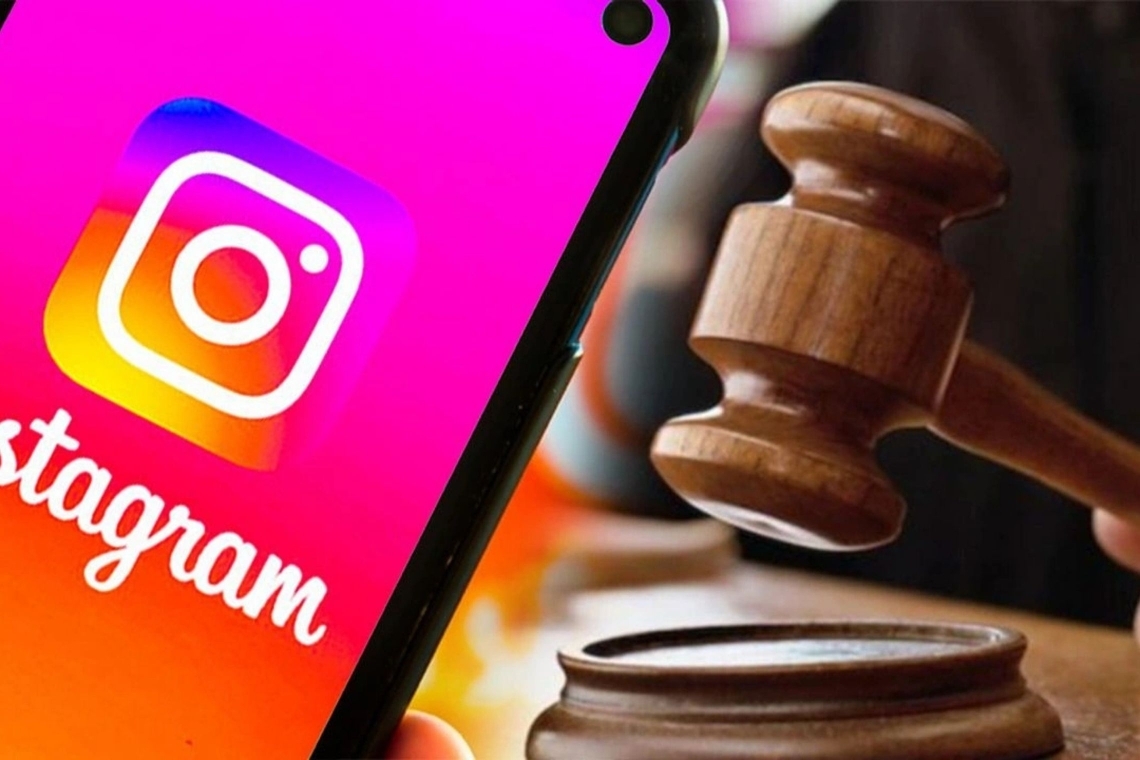The Information and Communication Technologies Authority (BTK) admitted in a response to the Media and Law Studies Association (MLSA) that its August 2, 2024, decision to block Instagram was reversed on August 10 after discussions with Meta, the company that owns Instagram. MLSA Co-Director Veysel Ok highlighted that the BTK effectively acknowledged that the initial ban was unlawful.
Ankara's 7th Administrative Court ruled that the case was moot since BTK had lifted the Instagram ban, but found BTK liable for the case's costs and ordered it to pay court and legal fees. MLSA’s legal team has appealed the decision to the regional administrative court, arguing that a ruling on the illegality of the decision is essential.
Background on the case
The BTK imposed an Instagram ban on August 2, 2024, prompting MLSA’s legal team to file a lawsuit on August 3, requesting a stay of execution and cancellation of the decision. MLSA’s legal argument was that the ban violated fundamental rights and freedoms and could lead to irreparable harm.
The Ankara 7th Administrative Court later ruled that the lawsuit had no further grounds since the ban was lifted by BTK on August 10. However, the court held BTK accountable for causing the lawsuit and ordered it to cover legal costs and fees.
MLSA’s appeal
MLSA’s legal team appealed the court's ruling, arguing that the court should have declared the ban illegal. They insisted that the decision to block Instagram was unlawful, regardless of whether it was eventually reversed, and that a ruling confirming its illegality was necessary. MLSA took the case to the Ankara Regional Administrative Court, seeking to overturn the lower court’s decision.
In response to the appeal, BTK confirmed that the Instagram ban was lifted following talks with Meta but argued that the ruling on legal costs should be overturned.
MLSA’s statement
Veysel Ok, the co-director of MLSA, pointed out that BTK’s response effectively admits that the access ban was unlawful. He noted that the legal challenge against BTK is a strategic case aimed at establishing a precedent for citizens whose rights are violated by arbitrary access bans. Ok emphasized that confirming the unlawfulness of the BTK’s actions is essential for ensuring accountability and compensation for those affected by the decision.



